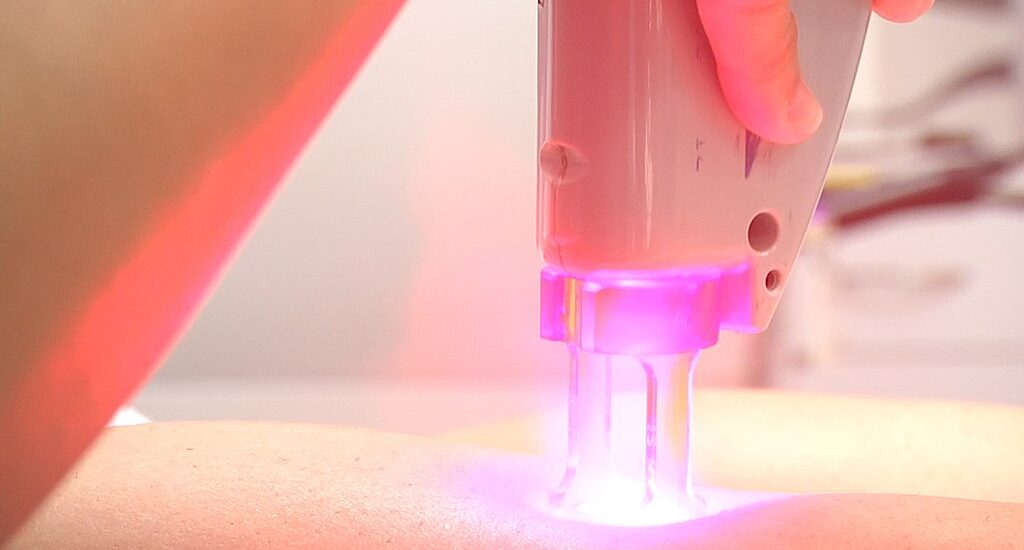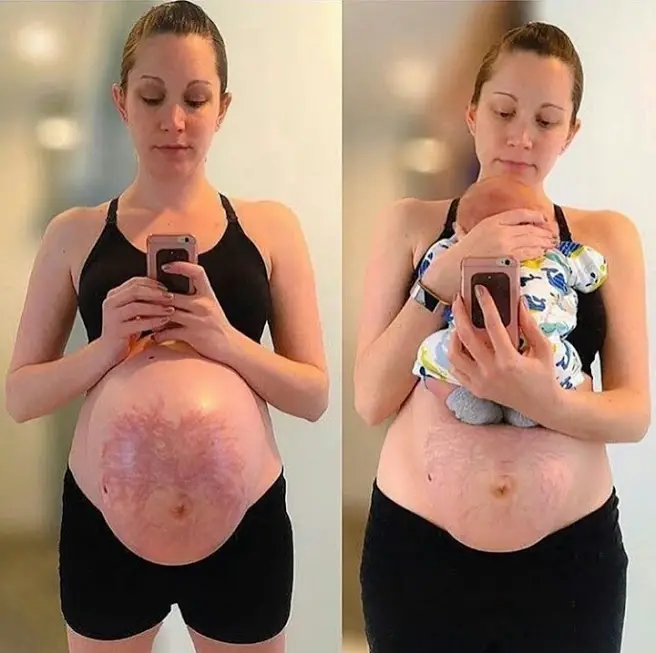If you’re concerned about how long does hyperpigmentation last after laser hair removal, you’re not alone. This comprehensive guide aims to provide you with detailed information, practical advice, and peace of mind.

Table of Contents
How Long Does Hyperpigmentation Last After Laser Hair Removal?
The duration of hyperpigmentation after laser hair removal varies significantly from person to person. Generally speaking, mild hyperpigmentation can last from a few weeks to a few months. In some rare cases, the pigmentation can be more persistent and last for a year or even longer.
Temporary hyperpigmentation usually fades away as the skin naturally regenerates and replaces the pigmented skin cells. The speed of this process depends on several factors like age, overall health, and skincare routine. However, in more severe or persistent cases, the discoloration might require additional treatments to resolve fully.
It’s crucial to understand that these are general guidelines and individual experiences may vary. If hyperpigmentation persists, a dermatologist should be consulted for an evaluation and personalized treatment plan.
Factors That Influence the Duration of Hyperpigmentation
The persistence of hyperpigmentation after laser hair removal is influenced by multiple factors. Here are some key determinants:
Skin Type: Individuals with darker skin tones have a higher risk of experiencing prolonged hyperpigmentation due to the increased levels of melanin.
Quality of Laser Equipment: The type and quality of the laser used can have a direct impact. Advanced lasers with customizable settings can minimize the risk.
Expertise of the Practitioner: A skilled practitioner can adjust the laser settings according to your skin type and condition, reducing the likelihood of hyperpigmentation.
Aftercare: Proper skincare post-treatment can influence how quickly your skin heals and returns to its normal pigmentation.
Understanding these factors can guide you in choosing the right treatment center and prepare you for the journey ahead.
How Laser Hair Removal Can Cause Hyperpigmentation
Laser hair removal is a cosmetic procedure that employs laser technology to remove or reduce unwanted hair. During the process, a laser emits a specific wavelength of light that is absorbed by the melanin (pigment) in your hair follicles.
This light energy is then converted into heat, effectively damaging the follicles to inhibit hair growth. While this technique is effective for hair removal, it has the potential to cause skin issues such as hyperpigmentation.
The reason behind this lies in the laser’s interaction with melanin. Just like the melanin in your hair follicles, the melanin in your skin can also absorb laser light. When this happens, the surrounding skin can produce more melanin as a response, leading to darker patches.
Check out these other articles…
Is Skin Smooth After Laser Hair Removal? The Ultimate Answer
Lumps Under Skin After Laser Hair Removal: Causes & Remedies
How Long Until You See Results with Laser Hair Removal?
Can You Get Skin Cancer from Laser Hair Removal? Answered
What Does Skin Look Like After Laser Hair Removal? Revealed
Managing Hyperpigmentation Post-Treatment
If you do experience hyperpigmentation following your laser hair removal treatment, several options are available for management:
Topical Treatments: Creams and ointments containing ingredients such as hydroquinone, azelaic acid, or vitamin C can be effective. These work by inhibiting the enzyme responsible for melanin production.
Physical Sunscreen: Exposure to sunlight can worsen hyperpigmentation. Using a physical sunscreen with a high SPF can offer the necessary protection.
You can try out this Aveeno Protect + Hydrate Body Sunscreen Lotion from Walmart.
Professional Treatments: For stubborn hyperpigmentation, treatments like chemical peels or targeted laser treatments can be considered. These should only be done under professional supervision.
Consult a Dermatologist: If the condition persists or worsens, it’s critical to consult a dermatologist for a tailored treatment plan.
Always follow the aftercare regimen provided by your practitioner to mitigate risks and accelerate the healing process.
When to Consult a Dermatologist
If you’ve tried multiple treatment options and still find that your hyperpigmentation isn’t improving or is getting worse, it’s time to consult a dermatologist. They can provide a thorough evaluation and may recommend treatments like chemical peels or laser therapy specifically designed for treating hyperpigmentation. Early intervention can prevent complications and improve the aesthetic outcome.


